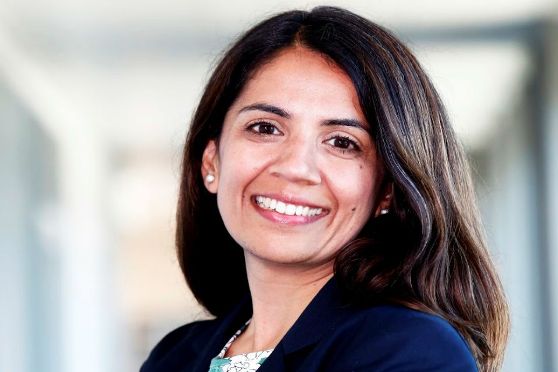UN told Sri Lanka’s Civil Society being harassed and intimidated
COLOMBO – Sri Lanka Core group has conveyed its concerns to the United Nations about an increasingly difficult operating environment for civil society and human rights groups in Sri Lanka, and called on the government to take all steps necessary to allow them to operate freely.
UK’s International Ambassador for Human Rights, Rita French, presenting the Sri Lanka Core Group’s statement at the ongoing 45th session of the United Nations Human Rights Council, said instances of intimidation, harassment and surveillance continue, including threats to families of disappeared persons. She noted that individuals are detained indefinitely without appearance before court, and highlighted the case of lawyer Hejaaz Hizbullah.
The statement:
This statement is on behalf of Canada, Germany, North Macedonia, Montenegro and the UK, the Core Group on Sri Lanka.
We note the High Commissioner’s concerns on Sri Lanka in her update.
The Core Group pays tribute to the people of Sri Lanka and to all those involved in delivering safe and peaceful Parliamentary elections, despite the challenges of COVID-19.
Next March, the Council will consider an important report by the High Commissioner, on human rights, reconciliation and accountability in Sri Lanka. Specifically, it will consider the steps taken to implement resolution 30/1, through which, in 2015, the Council created a consensual framework to help Sri Lanka heal the wounds of its past and to address unresolved serious violations and abuses documented by the High Commissioner. This framework was renewed twice by this Council by consensus and with the explicit support of Sri Lanka.
The Government of Sri Lanka has been clear to this Council that it no longer supports resolution 30/1. The Core Group, once again, reiterates its profound disappointment at this development.
The Sri Lankan government has also stated its continuing commitment to fostering reconciliation, justice and peaceful coexistence among Sri Lanka’s diverse communities. It has suggested that a new domestic process will take this agenda forward. While we appreciate this continued commitment, previous such processes have, regrettably, proved insufficient to tackle impunity and deliver real reconciliation. This Council will want to pay particular attention to how the new approach, will differ from these previous attempts and put the victims of conflict at its heart. The future of the Independent Commissions including the Office for Missing Persons and Office for Reparations will be particularly important.
In the meantime we continue to hear concerns about an increasingly difficult operating environment for civil society and human rights groups in Sri Lanka. Instances of intimidation, harassment and surveillance continue, including threats to families of disappeared persons. Individuals are detained indefinitely without appearance before court, such as lawyer Hejaaz Hizbullah.
Sri Lanka’s dynamic and diverse civil society lies at the heart of its vibrant democracy. The Core Group expresses its strong solidarity with Sri Lanka’s civil society, and human rights defenders, and calls on the government to take all steps necessary to allow them to operate freely.


